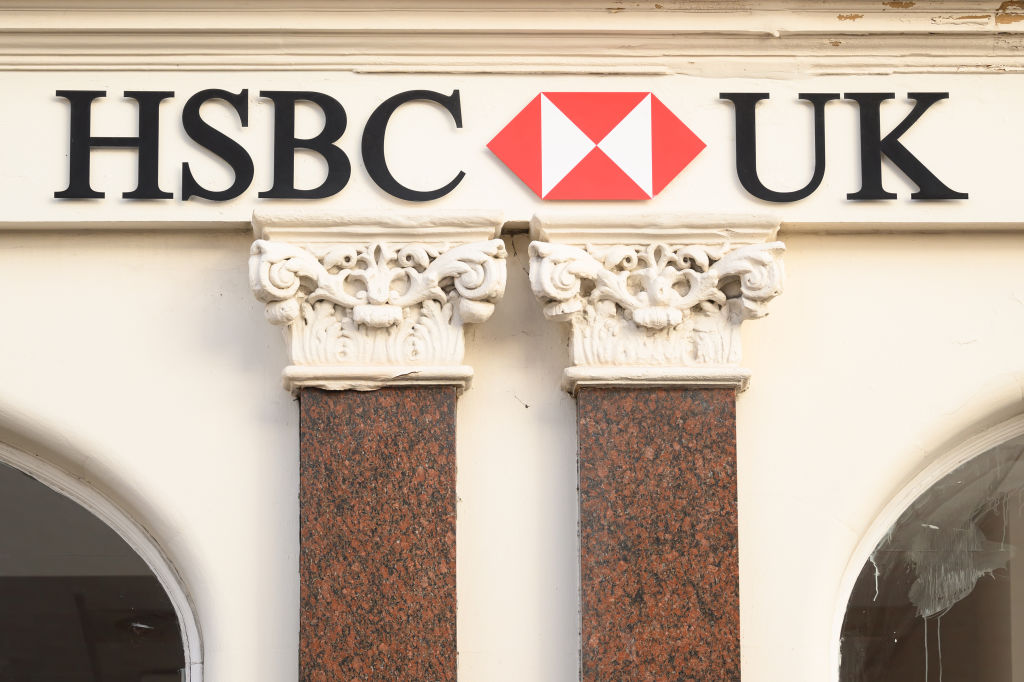HSBC’s purchase of Silicon Valley Bank shows the power and limits of government

We should commend the government facilitating HSBC’s decision to buy Silicon Valley Bank, but not all things can be left to government to solve and we need to shore up the financial system, writes Chris Hayward
The collapse of Silicon Valley Bank in the US and recent events in the European banking sector have reminded us of the fragile nature of our financial systems.
So the Chancellor’s budget just days ago came at an important moment. Billed by the government as the ‘Growth Budget’, the announcement of a review of how defined contribution pension funds can be better utilised to support high-growth industries to start, scale, and stay in the country is a positive step forward. I know that many in the City will look forward to working with the Treasury as these plans develop.
We in the City welcome this return to political stability. London’s place among leading financial centres – our ability to attract firms, investment, and people – depends on our international reputation and that was put at risk last year. Sunak’s government recognises the need for political and economic stability. It provides the foundations upon which our country’s long-term success is built.
But even with something of a return to politics as normal, London faces immense challenges to retain its place among the world’s financial elite. As global financial systems have become more interconnected, the world has become smaller; competitiveness among leading financial centres has increased.
The government has taken steps to strengthen our appeal: the Edinburgh Reforms and Financial Services and Markets Bill are welcome efforts to reshape our regulatory environment and inject some much-needed growth into the economy.
But not all things can be left to government to solve. Some challenges require a time horizon that transcends the often-frenzied day-to-day world of Westminster. In our parliamentary system, we too often prioritise political expediency over economic competency, short-term goals over long-term gains, and singular headlines over a sustained narrative. We need to turn elsewhere for long-term solutions.
In business, we cannot afford to set targets purely based on the election cycle or lurch from one idea to another based on that day’s public polling. Instead, firms often make decisions years in advance so things like expensing for machinery or investing in skills mean many businesses will have already decided whether or not to invest.
Nowhere is this need for a longer-term outlook needed more that in financial services. Over the last couple of weeks, we have seen the results of problems that have been years in the making: companies including Arm, CRH, and Flutter have all chosen New York rather than London to list. Such moves are symptomatic of London’s perceived problem with investor pools, pensions reforms, and IPO valuations.
The City and the sector need to act – quickly. We need a cohesive, cogent, and compelling vision for financial services that covers not just the next year but the next decade.
Later this week, the City of London Corporation will announce a major project – convening leaders from across the financial services sector – to provide long-term direction to reinforce and renew our global position. We will work collaboratively through our network of partners to build a robust case for reform, developing a shared strategy for the future, and create a detailed route map for success.
By bringing the whole financial services sector together, we will speak with one voice on the serious challenges that we are facing. We will be able to provide the government, regulators, and institutions with clarity of thought and share the very best ideas from the industry to ensure the City’s long-term success – and that is an ambition worth pursuing.
